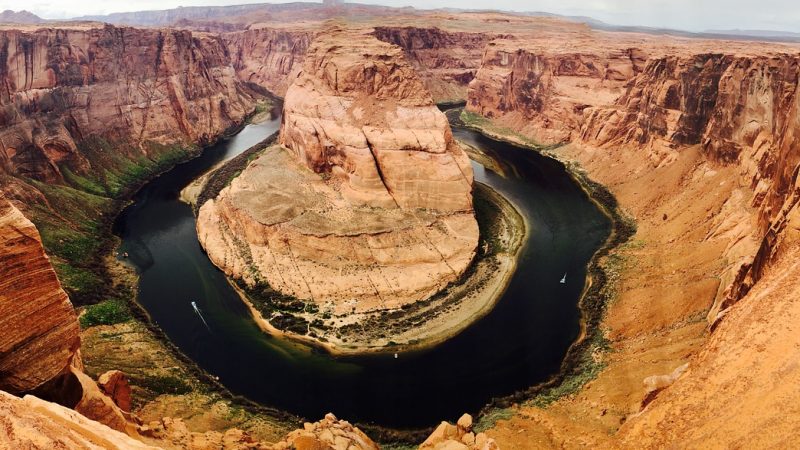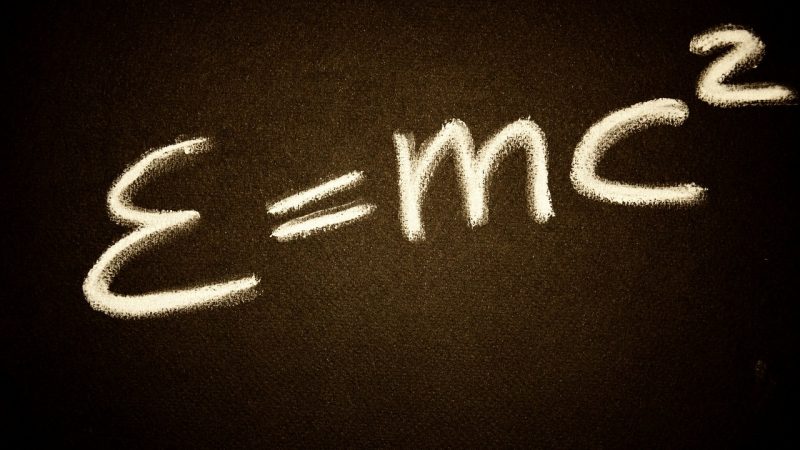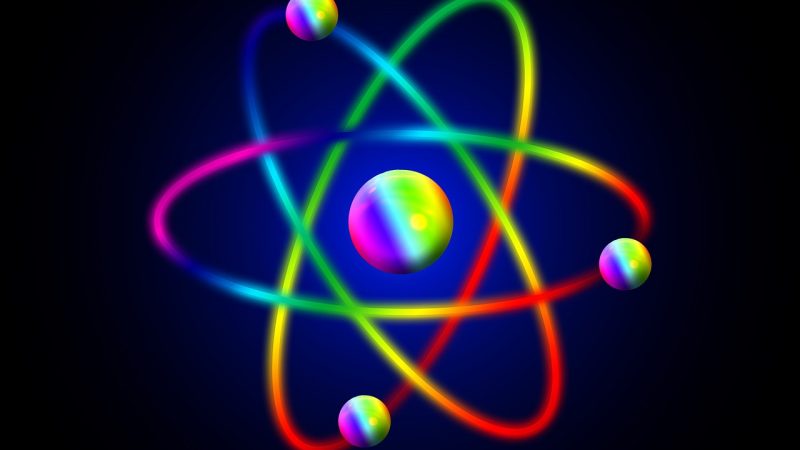Geoscientist or Geologist
What Does A Geoscientist or Geologist Do?
A Geoscientist studies the composition, structure, and processes related to the Earth in order to learn about the past, present, and future. They may collect samples out in the field and take these back to the laboratory to study them in detail.
How Do I Become A Geoscientist or Geologist?
A four-year bachelor’s degree in geoscience, geology, biology, chemistry, physics, or a related field is necessary to obtain this position. A higher degree (master’s or doctorate) in a related field, which may take an additional two-five years to earn, would be more valuable.
What is the Average Salary For A Geoscientist or Geologist?
High – 160,000
Median – 85,000
Low – 47,000
What Courses Should I Take To Become A Geoscientist or Geologist?
- Science – As much as possible, including chemistry, biology and physics!
- Math – As much as possible, including calculus!
- English – As much as possible!
- Communication
What Is The Work Environment For A Geoscientist or Geologist?
Typically, geoscientists work for oil/gas extraction companies, engineering or other consulting services, universities, or the government. These jobs will usually require a combination of office and fieldwork. The fieldwork may require one to travel and work long or irregular hours.
What Is The Future Outlook For A Geoscientist or Geologist?
The job outlook for this position looks very good over the next 10 years, keeping in mind that geographical differences may exist.
References
- Bureau of Labor Statistics, U.S. Department of Labor, Occupational Outlook Handbook
- Explore Careers, Labour Market Information, Government of Canada







